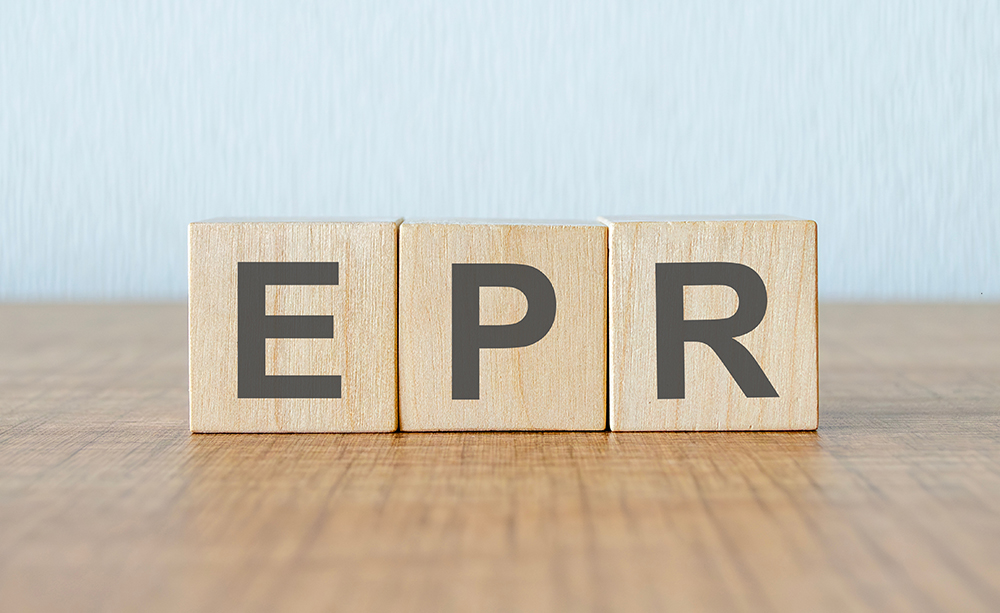California Passes First Textile EPR Program: What Manufacturers Need to Know
 October 11, 2024 | California Governor Gavin Newsom signed the Responsible Textile Recovery Act of 2024 — the first extended producer responsibility (EPR) textile recycling program in the U.S. — into law on September 28. This stewardship program aims to improve the management of apparel and textile waste in the state, and includes costumes in its definition of “apparel,” impacting toy manufacturers that sell or distribute costumes or role-play items in California.
October 11, 2024 | California Governor Gavin Newsom signed the Responsible Textile Recovery Act of 2024 — the first extended producer responsibility (EPR) textile recycling program in the U.S. — into law on September 28. This stewardship program aims to improve the management of apparel and textile waste in the state, and includes costumes in its definition of “apparel,” impacting toy manufacturers that sell or distribute costumes or role-play items in California.
Under this legislation, producers of apparel and textile articles are required to join a producer responsibility organization (PRO), which must first be approved by the state. The PRO is tasked with creating a comprehensive plan for the collection, transportation, repair, sorting, recycling, and safe management of textiles. The program is funded through fees paid by PROs, which cover the state's regulatory costs, and any penalties collected for non-compliance are allocated to a special state fund. Producers must join a PRO by July 1, 2026, although the PRO’s stewardship plan will not go into effect until July 1, 2030.
“The Toy Association vigorously advocated against the inclusion of costumes in the definition of 'apparel' within the Responsible Textile Recovery Act, as we believe this classification fails to address the environmental impacts associated with 'fast fashion' and the ‘throwaway culture’ that the bill seeks to combat. However, we are committed to supporting our members through this transition, providing the resources and guidance necessary to ensure compliance with the new regulations while minimizing the impact on their businesses,” said Charlotte Hickcox, director of state government affairs at The Toy Association™.
The current implementation timeline is as follows:
- March 1, 2026: The California Department of Resources will approve a PRO that meets the required standards, including a diverse governing board and financial responsibility.
- July 1, 2026: All producers must join the approved PRO and comply with its procedures and requirements.
- March 1, 2027: The PRO must submit its initial statewide needs assessment to the department, evaluating the current state of textile waste, infrastructure, market conditions, and steps needed for compliance.
- July 1, 2030: Deadline for the PRO to have an approved stewardship plan for textile management in place. Producers must comply with the approved plan, or they will face penalties.
- By 2035: The department may approve additional PROs if deemed necessary to meet the goals of the program, based on the effectiveness of the first PRO.
The Toy Association will continue to keep the industry apprised of ongoing developments regarding state EPR laws. For more information on The Toy Association’s advocacy initiatives at the state level or to join the State Government Affairs Committee, contact The Toy Association’s Charlotte Hickcox.